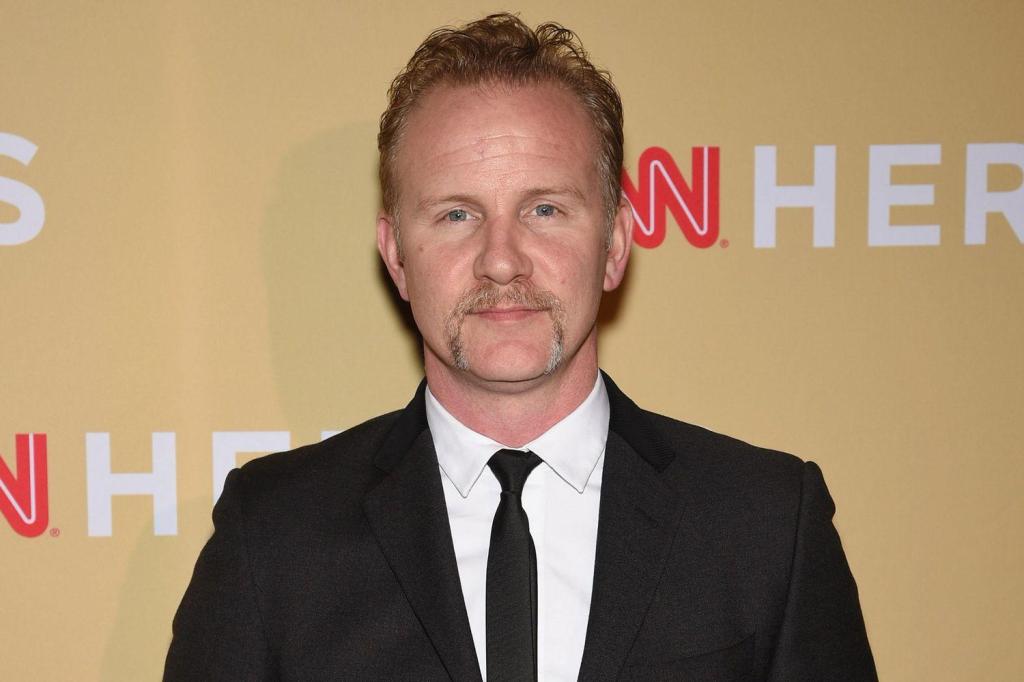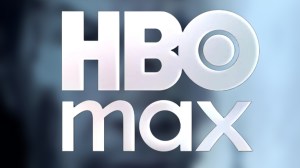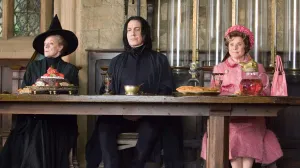Super Size Me director Morgan Spurlock passed away on Thursday, May 23rd at 53 years old. His death was announced by his family on Friday morning, revealing that he had been battling complications from cancer. Spurlock had been working in the film industry since 1994, his first experience being credited as a production assistant on Léon: The Professional, a film that stars Gary Oldman featured the big screen debut of Natalie Portman. Spurlock found his biggest success one decade later in the form of Super Size Me, a documentary directed by and starring Spurlock as he attempted to follow a diet of only McDonald’s food for a 30-day period. Super Size Me earned an Academy Award nomination for Best Documentary Feature and went on to win Best Documentary Screenplay from the Writers Guild of America.
Videos by ComicBook.com
“It was a sad day, as we said goodbye to my brother Morgan,” Craig Spurlock, a relative and frequent collaborator of Morgan’s, said in a statement. “Morgan gave so much through his art, ideas, and generosity. The world has lost a true creative genius and a special man. I am so proud to have worked together with him.”

Outside of Super Size Me, Spurlock has roughly 70 documentaries to his name where he is credited as either a producer or director. One of his other notable projects is Where in the World is Osama Bin Laden?, a 2008 documentary produced three years before Bin Laden was caught by Seal Team Six. It was revealed in 2017 that the terrorist had a copy of Spurlock’s documentary about him on hard drives found within one of his hideouts.
Spurlock stopped making films in 2017 as his production company, Warrior Poets, was shuttered. This came as a result of Spurlock posting a blog where he admitted to a history of sexual misconduct in the midst of the #MeToo movement.
“I felt I have said things and had behavioral missteps that are just as upsetting and problematic and, looking back, I’m upset about them. I felt I should just admit this, I should own up to it. I should say that I can do better,” Spurlock said in a 2019 interview. “In this heated #MeToo conversation, me doing that was partly that we need to have a space where people can own up to their past and confidently move forward. And I don’t think we were there then and I still don’t think we are there now.”








